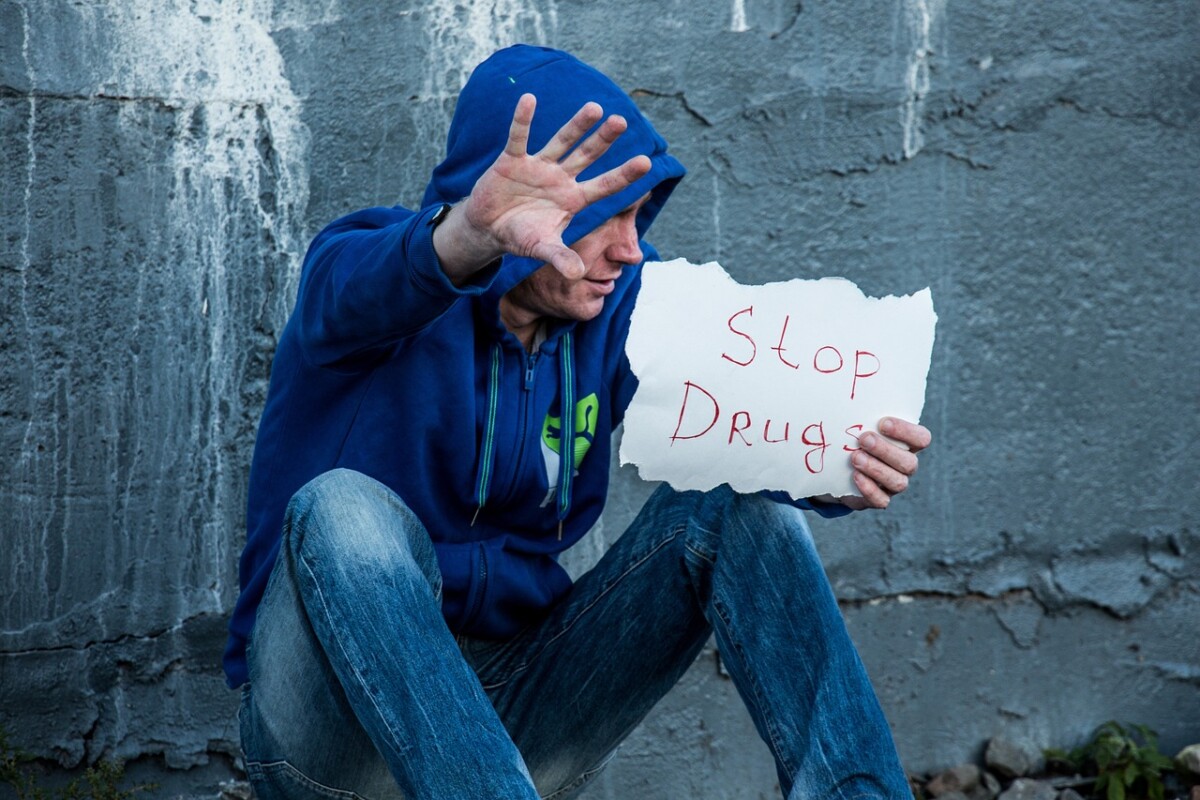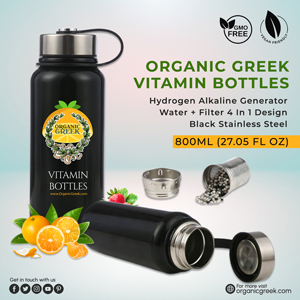
DENVER — When Denver Health wanted to open an inpatient opioid detox unit specifically for teens, doctors there searched high and low for a model to copy. They didn’t find one.
Teens who land in emergency rooms with an opioid overdose generally receive naloxone to reverse the effects of dangerous drugs in their system and are sent home with a list of places they can go for follow-up care. But too often, those teens never seek additional help. They are left to suffer through the agony of withdrawal with no medications to ease their cravings. As a result, many, seeking relief, go back to opioids, often with tragic consequences.
Christian Thurstone, the director of behavioral health services at the Denver hospital, said six of his teen patients have died of fentanyl overdoses in the past two years. Denver Health has now opened what he believes to be the nation’s first adolescent inpatient detox unit.
“I’ve been doing adolescent substance treatment here in Denver for 20 years,” Thurstone said. “I wouldn’t know where to send somebody for adolescent detox.”

New research has found that most areas of the U.S. lack facilities that offer medically managed withdrawal for patients under 18. With adolescent overdoses continuing to rise along with the rapid growth of intentional and unintentional fentanyl use, there is a stark lack of options for teens.
Researchers at Oregon Health & Science University posed as an aunt or uncle of a teen who recently overdosed. The researchers called every U.S. teen addiction treatment facility they could find to ask if their niece or nephew could go there to detox and whether the facility offered medications to help with the process.
Of the 160 adolescent residential treatment facilities they contacted, only 63 said they would allow adolescents to detox on-site. Of those 63, only 18 offered buprenorphine — the one medication that’s FDA-approved to treat opioid use disorder in kids as young as 16 — and some of those offered no additional medications to manage withdrawal symptoms.
“I’m not sure if inhumane is too strong of a word,” said Caroline King, an emergency medicine resident at Yale University, who graduated from OHSU in 2023 and led the research. “Offering nothing, offering no additional medication, even nausea medication or really basic things, is really a travesty.”
Staff members at one facility told the researchers they don’t offer medications because kids are resilient, implying they don’t suffer as much as adults, or perhaps that they deserve to suffer, King said. Workers at another told researchers they “try to push Gatorade down them and just lay them down in a cot,” she said.
King said multiple locations responded that they couldn’t think of a single place in their state where kids could go to detox.
“It’s just really terrible to hear that that’s the case,” King said.
The American Society of Addiction Medicine is revising its standards for treating opioid use disorder in adults (this year) and children (in 2024). Sandra Gomez-Luna, the chief medical officer for psychiatry at the Yale School of Medicine, who is leading the pediatric effort, said most adolescents do not experience significant withdrawal symptoms and that, in general, withdrawal isn’t as intense for teens as it is for adults.
“That doesn’t mean that there isn’t a portion of teens with substance use disorders that will require medically monitored withdrawal management,” she said.

Because teens usually haven’t been using drugs for as long as adults, Gomez-Luna said, they may not suffer the consequences of chronic use or have as many accompanying health conditions that can make withdrawal more difficult, or more complex to treat.
But the rise in the more potent opioid fentanyl may be changing that thinking.
“As more and more teens will get involved in fentanyl use,” Gomez-Luna said, “there will be more adolescents that will require medically monitored withdrawal.”
Gomez-Luna said the addiction medicine group is also concerned there are too few facilities for teens and a lack of specialized personnel to treat them.
Scott Hadland, chief of adolescent and young adult medicine at Mass General for Children and Harvard Medical School, said there are fewer facilities for adolescents in part because many teens are never identified as needing help or connected to care, despite the growing number of overdoses.
“The patient volume is surprisingly not always there to support a program like this, even though we know that this is a huge public health problem,” Hadland said. “It becomes financially difficult to build a program whose sole service line is to provide detoxification services for young people.”
When no dedicated detox units are available, teens sometimes get admitted to a hospital, often to the intensive care unit, where more monitoring is available than on regular inpatient floors. But that also means teens are less likely to be cared for by a team specializing in adolescent addiction medicine.
“Our pediatric workforce has not traditionally received strong training in the management of addiction,” Hadland said. “When patients do go to general pediatric hospital settings, it’s possible that there isn’t someone there who has the expertise needed to manage that patient’s care.”
Thurstone said the biggest hurdle in getting Denver Health’s teen detox unit running was staffing. It took more than a year to find a certified addiction specialist to run the unit.
Addiction specialists stress that not all teens with opioid use disorder need inpatient detox. Withdrawal can be managed at home if teens have a stable family environment to support them and monitor their symptoms. Many adolescents with opioid use disorders, however, come from broken homes in which the parents may be struggling with addiction themselves. And coming out of the pandemic, specialists are also seeing more teens with opioid use disorders who have other psychiatric problems, such as depression, anxiety, attention-deficit/hyperactivity disorder, or eating disorders.
“All of these conditions have been on the rise in the wake of covid, alongside the rise in overdoses that we’re seeing,” Hadland said. “Part of the charge of our pediatric workforce right now is not just to address addiction, but also to tackle the underlying mental health conditions that young people are working through.”

Thurstone said that nationwide about half of all adolescents drop out of treatment, but that it’s worse in marginalized communities.
Denver Health repurposed beds from an inpatient psychiatric unit to get its teen detox program running. The unit saw its first patient this spring and has been admitting about one patient a week, mostly teens with a fentanyl dependence.
The teens start medication-assisted therapy, most often with buprenorphine, to address their cravings; get additional meds to manage any side effects of withdrawal; and receive cognitive behavioral therapy to help them with their recovery. Once they can be safely discharged, they are connected to addiction treatment programs in their communities. Thurstone believes providing that continuum of care will help reduce teen overdoses in the Denver region.
“We can do better than, you know, an ER visit and a list of resources to call,” he said.
KFF Health News is a national newsroom that produces in-depth journalism about health issues and is one of the core operating programs at KFF—an independent source of health policy research, polling, and journalism. Learn more about KFF.
Celebrity WEB Update— Premier Jewelry designer and manufacturer fashion house ParisJewelry.com has started manufacturing a new custom line of celebrity jewelry designs with 30% Off and Free Shipping. Replenish Your Body- Refilter Your Health with OrganicGreek.com Vitamin Bottles, Vitamins and Herbs. Become a WebFans Creator and Influencer.
